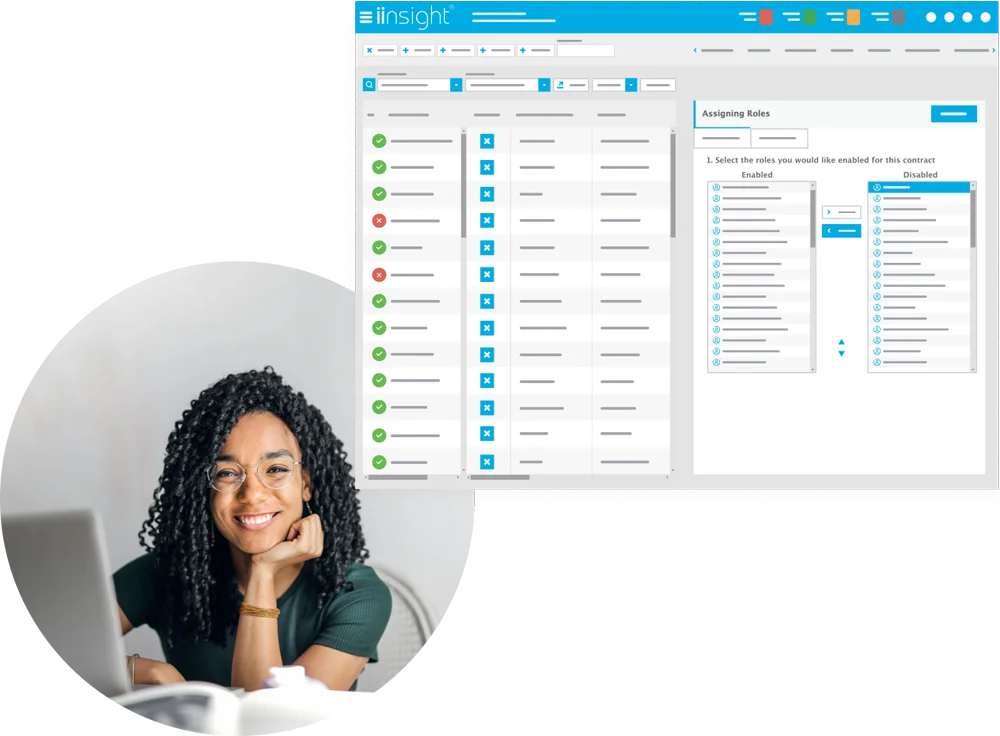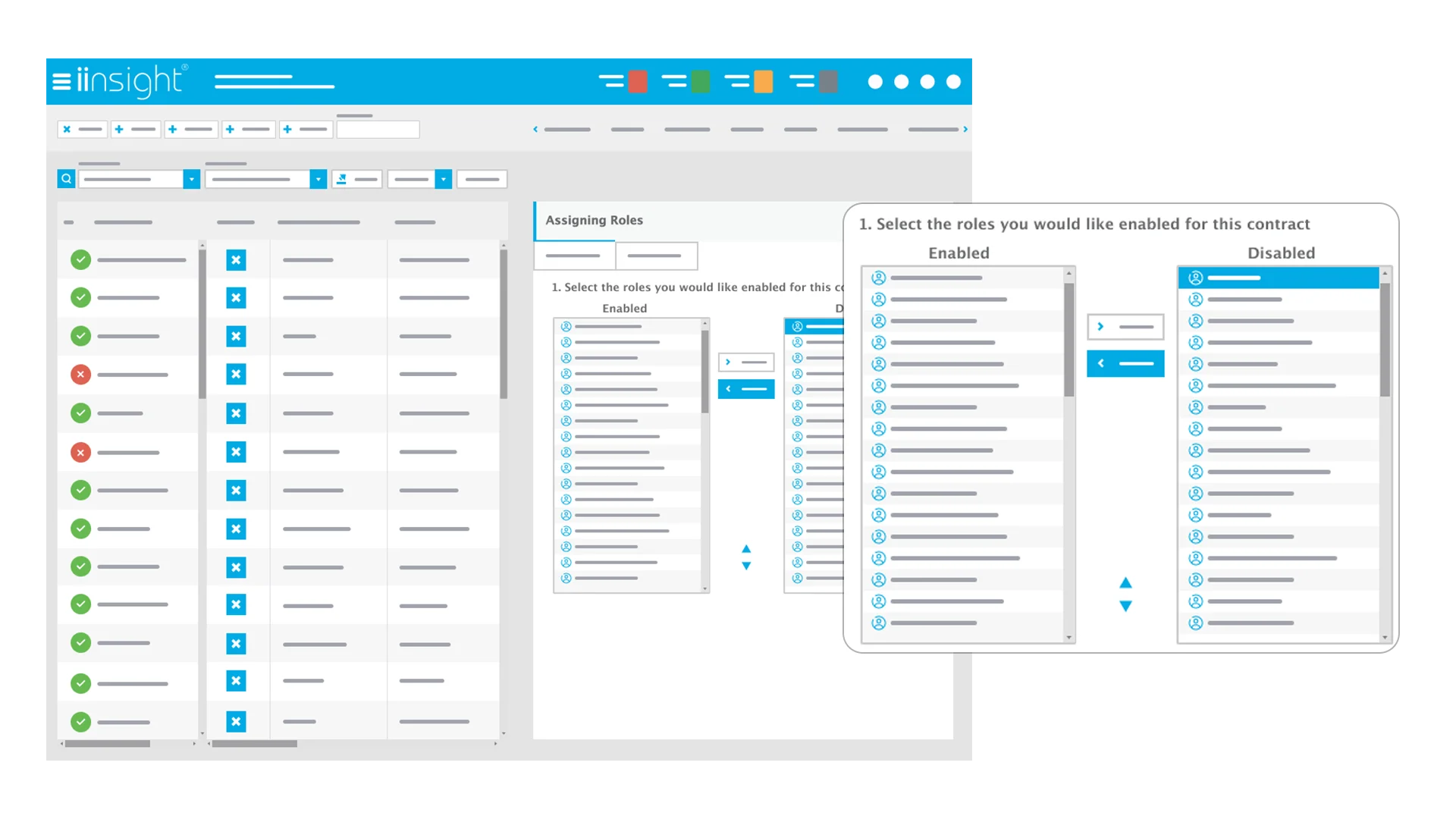Role-Based Permissions
In today's digital age, safeguarding sensitive personal information is paramount for organisations across all industries especially the health sector.


With the increasing prevalence of data breaches and privacy concerns, implementing robust privacy controls becomes imperative to maintain trust with both staff and clients. One powerful tool for achieving this is through role-based permissions, which offer granular control over access to data and functionalities within organisational systems.
Let's delve into the importance of role-based permissions and how they can be effectively leveraged to enhance privacy controls while streamlining operations.

- Role-Based Access Control (RBAC): Organizations can implement RBAC systems to assign permissions based on predefined roles within the organisation. Each role is associated with a specific set of permissions that dictate what data and functionalities the role holder can access.
- For example, roles may include 'Administrator,' 'Manager,' ‘Psychologist’, 'Contractor,' ‘Accounts’, ‘Occupational Therapist’ each with distinct levels of access privileges.
- Granular Role-based permissions should offer flexibility in defining custom permission sets tailored to the unique requirements of the organisation. This allows administrators to create roles with precise access rights, such as accessing, viewing or modifying.
- Access Restrictions: Role-based permissions enforce access restrictions by ensuring that staff members only see and have access to templates, reports, and functionalities relevant to their roles. For instance, employees responsible for client services will have access to charge codes, templates, and service-related information pertinent to their job responsibilities, while administrative staff may have access to billing and invoicing functionalities.
Compliance Assurance
Implementing role-based permissions enables organizations to demonstrate compliance with regulatory requirements concerning data privacy and security.
By restricting access to sensitive data at the role and individually level, organisations can have peace of mind and ensure adherence to industry standards and regulatory frameworks, such as GDPR, HIPAA, or PCI DSS. This minimizes the risk of non-compliance penalties and reinforces trust with clients and regulatory authorities.


Risk Mitigation
Role-based permissions help mitigate the risk of human error by limiting access to sensitive data only to authorized personnel. By reducing the number of individuals with elevated privileges, organizations can minimize the likelihood of inadvertent data breaches caused by human mistakes or malicious intent. This proactive approach to risk mitigation strengthens the overall security posture of the organisation and fosters a culture of data stewardship among staff members.
All or NONE – does not work!!
In conclusion, role-based permissions play a pivotal role in enhancing privacy controls and efficiency within organisations by providing granular access control, protecting sensitive information, ensuring compliance, optimizing resource utilisation, and mitigating risks.
By implementing robust granular role-based permission systems, organisations can establish a secure environment where staff members have access to the data and functionalities necessary for their roles while minimizing the risk of unauthorised access and data breaches. This not only safeguards the privacy of staff and clients but also fosters trust, reliability, and compliance with regulatory standards.

